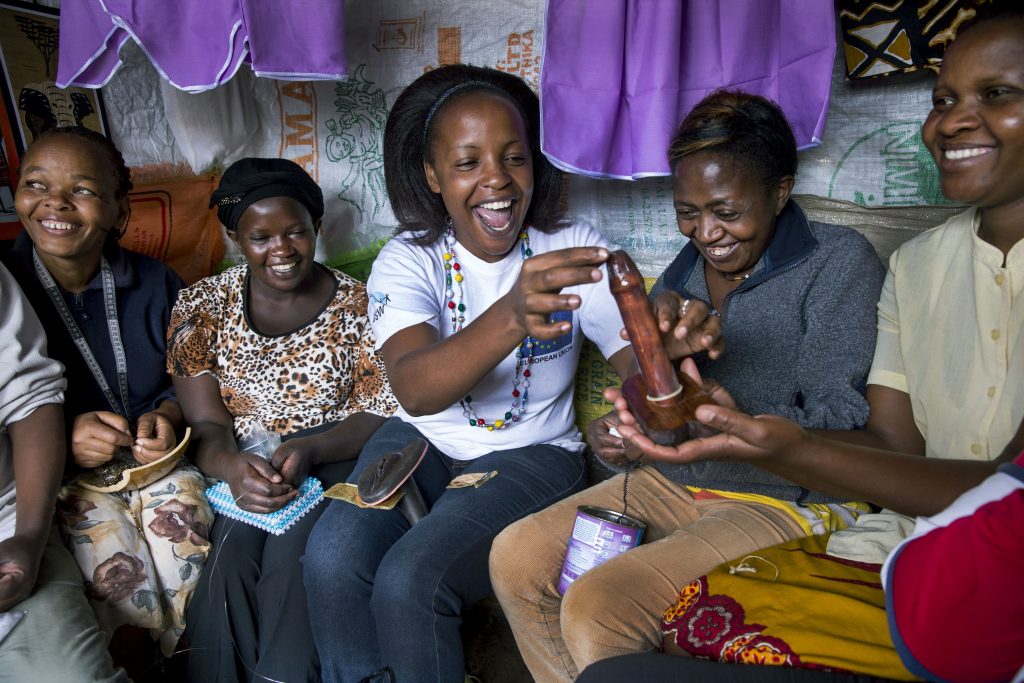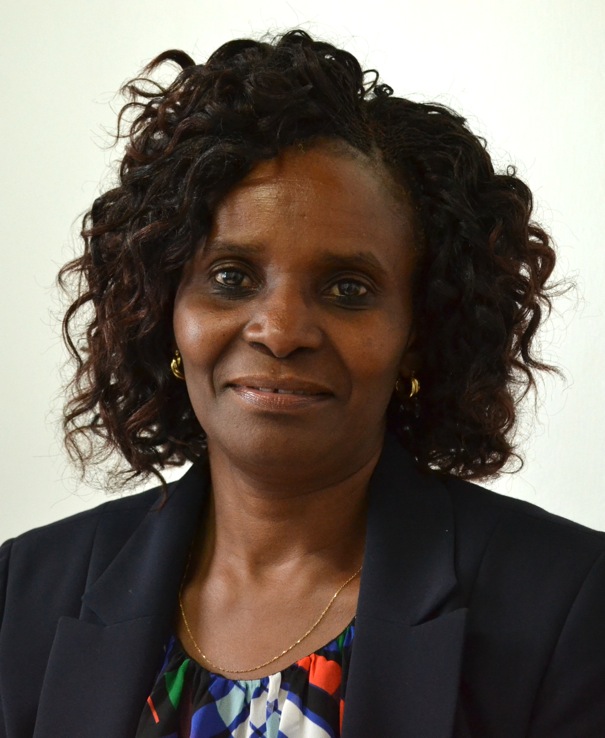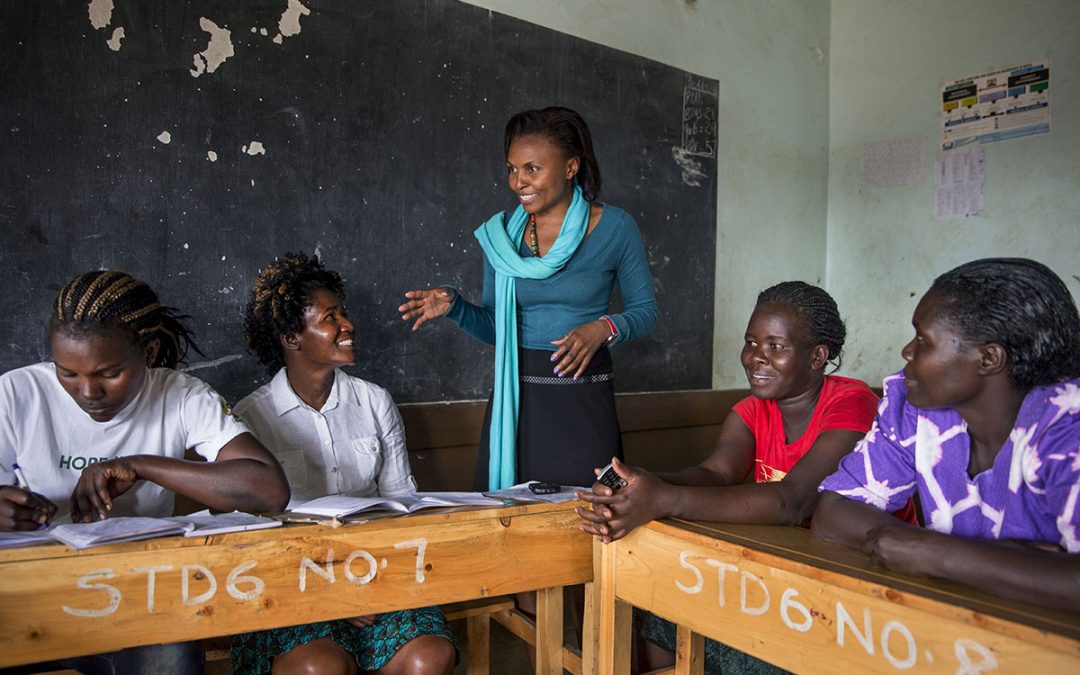
Photo by Jonathan Torgovnik/Reportage by Getty Images
Since the year 2000, DSW has been working with Kenyans enabling them to work towards a healthy future for all. We have done this by supporting a conversation about sexual and reproductive health and rights (SRHR) and what this means for Kenya’s efforts of improving health outcomes. We operate from Nairobi with a liaison office in Mombasa and programme interventions in Eastern, Coast, Nyanza, and Western Regions.
2016 in review
DSW Kenya has a physical presence in Nairobi County which is the head office, Mombasa County coordinating programmes in Coast region supported by a field office in Kilifi County, a field office in Homa bay County and an office in Kitale coordinating interventions in Uasin Gishu County and West Pokot County. An additional office has been opened in Nyandarua County coordinating interventions in Laikipia.

It is estimated that 63% of Kenya’s population is below the age of 25 while those between the age of 15 years and 24years account for 32% of the population. Harnessed well, this presents the country with great potential to benefit from the demographic dividend. However, challenges of high school drop – out, lack of skill training, youth unemployment and drug and substance abuse undermines this potential. This coupled with inadequate youth friendly services, lack of information about their health, poor health seeking, youth dynamism and risk taking behaviors that characterizes this age cohort presents major developmental challenges. This underscores the need for social services and health services including empowerment programmes and reproductive health targeting the youth. Access to health information and services is integral to attainment all other developmental goals and enjoyment of rights.
It is against this backdrop that in 2016, DSW Kenya Office invested in empowering the youth to lead change they desire for themselves and their communities. Through the Youth to Youth initiative, DSW trained 120 peer educators who are now training other youth in the programme areas in life skills, leadership, project management, advocacy and sexual reproductive health. Further support for income generation activities was made available for a number of youth groups by providing them with seed grants and training in project management through which they are now able to earn a living. As a result, the young people are better able to participate in key decision making processes in their community.
DSW has grown a core group of youth champions in 11 counties who have been trained in advocacy and budget analysis and are now using this knowledge to advocate for more and increased funding for Family Planning and educating their communities on SRHR and family planning. Through these actions, DSW has generated attention, knowledge, awareness, political will and resources for Family Planning through advocacy, capacity building and communication.
Access to sexuality information for young people enables them to make informed choices about their lives including their sexuality. Yet this crucial information is lacking in many of our communities owing to the inability of parents to discuss sexuality, myths and misconceptions on adolescent sexuality and lack of youth friendly services. To debunk these myths, DSW has been implementing a Young Adolescents Programmes in schools in Kilifi county targeting 10- 14 year olds. In 2016, this programme was scaled up to an additional 18 schools and has been instrumental in providing age appropriate sexuality education to adolescents and linking them with support structures such as school teachers, and Community Action Committees for onward support. Retention of girls in school has gone up as the school environment has been made more conducive for girls. Support structures around the community to speak out against violence against girls are now in place and coordinating a campaign against teenage pregnancy and child marriage.
For young women in the areas of DSW programmes in particular, access to reproductive health information has enabled them to delay sexual activity as they are more empowered and when they make this choice it is usually from an informed position and are able to negotiate for safe sex thus reducing the risk of disease and unintended pregnancies. DSW supported youth clubs have become an important avenue through which this information is shared.
In the coming years, DSW will continue to invest in advocating for increased investment in family planning information and services and reproductive health to increase access to these services by those who need them. At community level, DSW will strengthen its interventions to ensure that young people continue to play a lead role in shaping narrative and driving change.

